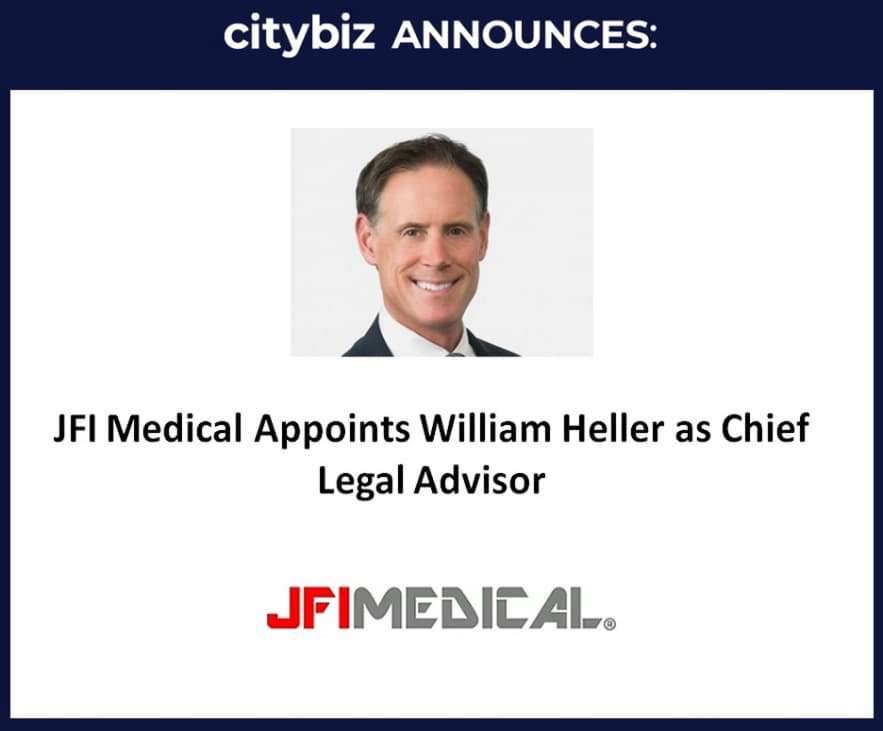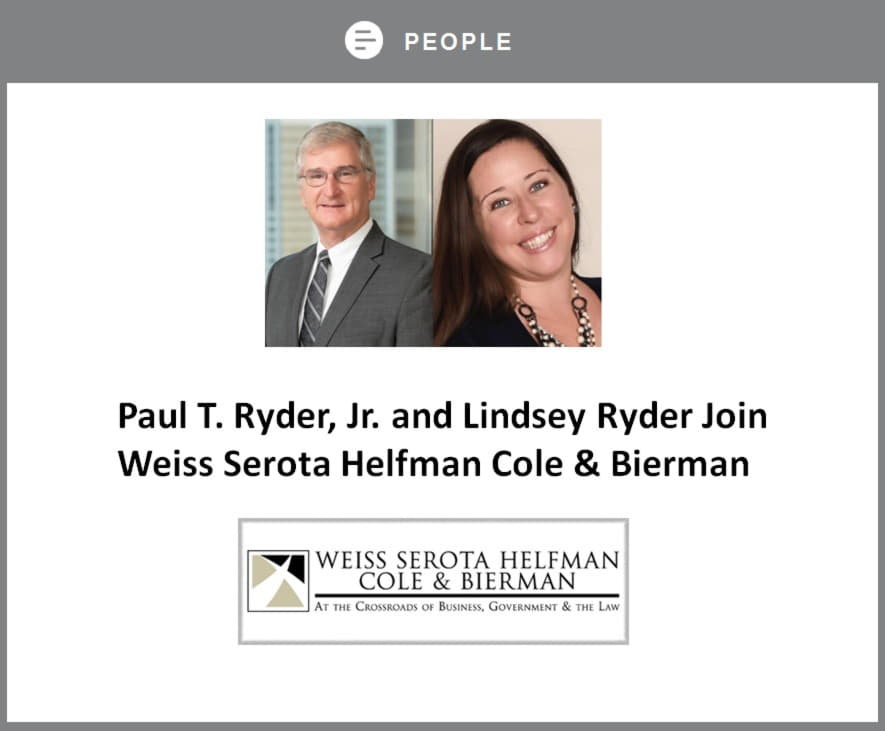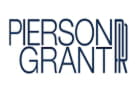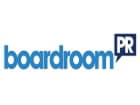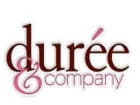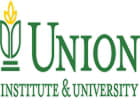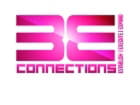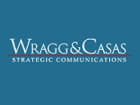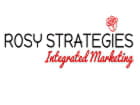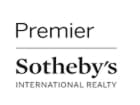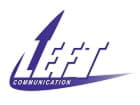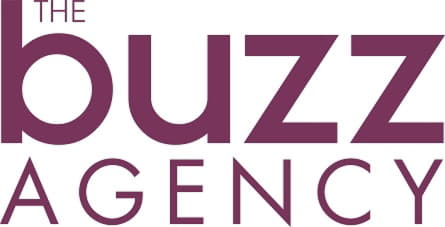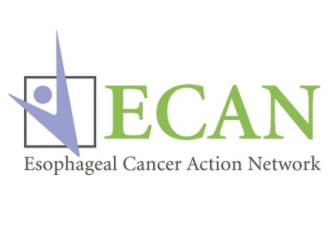
BALTIMORE– One American dies of esophageal cancer every 36 minutes and the type of esophageal cancer caused by reflux disease is the fastest increasing cancer among American men.
With this in mind, ECAN (Esophageal Cancer Action Network) has filed a Citizen Petition with the Food and Drug Administration (FDA) requesting new labels on heartburn medications to warn people about the risk of esophageal cancer associated with persistent reflux disease.
A national non-profit dedicated to increasing awareness that reflux disease can cause cancer, ECAN requested the following message appear on all over-the-counter (“OTC”) drug products labeled to relieve or prevent heartburn associated with reflux disease, acid indigestion and sour stomach:
“PERSISTENT HEARTBURN CAN INDICATE INCREASED RISK OF DEVELOPING ESOPHAGEAL CANCER. THIS MEDICATION WILL NOT ELIMINATE THAT RISK.
ASK A DOCTOR BEFORE USE IF YOU HAVE HAD HEARTBURN OVER 3 MONTHS. THIS MAY BE A SIGN OF A MORE SERIOUS CONDITION.
STOP USE OF THE PRODUCT AND SEE YOUR PHYSICIAN IF YOUR HEARTBURN CONTINUES OR WORSENS; OR IF YOU NEED TO TAKE THIS PRODUCT FOR MORE THAN 14 DAYS; OR IF YOU NEED TO TAKE MORE THAN 1 COURSE OF TREATMENT EVERY 4 MONTHS.”
“So many patients tell us that they took over-the-counter heartburn medications for years, but never knew they were at risk for cancer – until it was too late,” said ECAN’s Board Chairman Dr. John Lipham (Chief, Upper GI and General Surgery, Keck School of Medicine at the University of Southern California), who signed the petition with ECAN President & CEO Mindy Mintz Mordecai.
“We know we can save lives with increased awareness and early detection,” Dr. Lipham added.
As many as 15 million Americans experience heartburn every day. Persistent heartburn (two or more times per week) can be a symptom ofgastroesophageal reflux disease (GERD), a condition where stomach contents, including acid, splash into the esophagus, producing cellular changes that can ultimately result in cancer.
For some patients with esophageal cancer, heartburn symptoms are the only warning they will ever receive that they are at risk for cancer.
Too often esophageal cancer patients’ first sign that something is wrong is when they have a tumor in their esophagus that prevents swallowing: by then, treatment is rarely successful. Less than one in five patients will survive five years after an esophageal cancer diagnosis, largely because the disease is usually discovered at late stages.
ECAN recently commissioned a market research survey of more than 1,000 American adults. Only 14 percent were aware that reflux disease could cause cancer.
“We aren’t surprised by the numbers, but we are motivated to change them,” said Mordecai, who founded ECAN after losing her husband and the father of her young daughters to esophageal cancer nine years ago. “Folks need to know that if they are experiencing reflux symptoms on a regular basis, they should see their doctors and get checked – that’s why we filed our Petition.”
“Esophageal Cancer is preventable and our survey shows why the labels we are requesting are so necessary – because we can save lives and stop the senseless losses that families like ours continue to endure,” she added.
A significant number of OTC drug products are available to relieve or prevent heartburn associated with acid indigestion and sour stomach brought on by eating or drinking certain food and beverages. Many of these products were formerly available by prescription and are very effective in relieving the symptoms associated with heartburn.
Because these products are so effective, many patients will not tell their healthcare providers about their persistent heartburn, because they don’t know that it can lead to Barrett’s Esophagus, the precursor to esophageal cancer, and esophageal cancer.
“Existing warnings on anti-reflux medications are not sufficient to alert patients to the risk of esophageal cancer associated with persistent heartburn resulting from reflux disease, acid indigestion or sour stomach,” said David Rosen, a partner with the law firm of Foley & Lardnerwho worked for the FDA for 15 years and is representing ECAN in its filing.
“The FDA should act swiftly to include a bold prominent and strong warning label to better inform patients of the risks associated with persistent heartburn and the need to see their physician due to the risk of esophageal cancer that can go undetected if the patient is getting symptomatic relief from the OTC drug products,” Rosen said.
Such products include, among others, antacid products such as magnesium hydroxide, aluminum hydroxide, calcium carbonate, ranitidine,famotidine, cimetidine, esomeprazole, omeprazole, lansoprazole, pantoprazole and nizatidine.
About ECAN
ECAN’s mission is to save lives by increasing awareness that reflux disease can cause cancer, promoting early detection, supporting medical innovation to prevent, detect, treat and cure esophageal cancer and linking patients and families to compassionate support. The Baltimore-based national non-profit organization is led by a board of directors of top physicians, business leaders and families touched by esophageal cancer.
ECAN successfully advocated with the National Cancer Institute to include esophageal cancer in its groundbreaking genome mapping project. Through ECAN’s efforts, April has been formally designated as “Esophageal Cancer Awareness Month” across the United States. For more information and the nonprofit’s free, downloadable Guide for Patients about GERD, Barrett’s Esophagus and esophageal cancer, visit www.ECAN.org.

